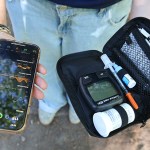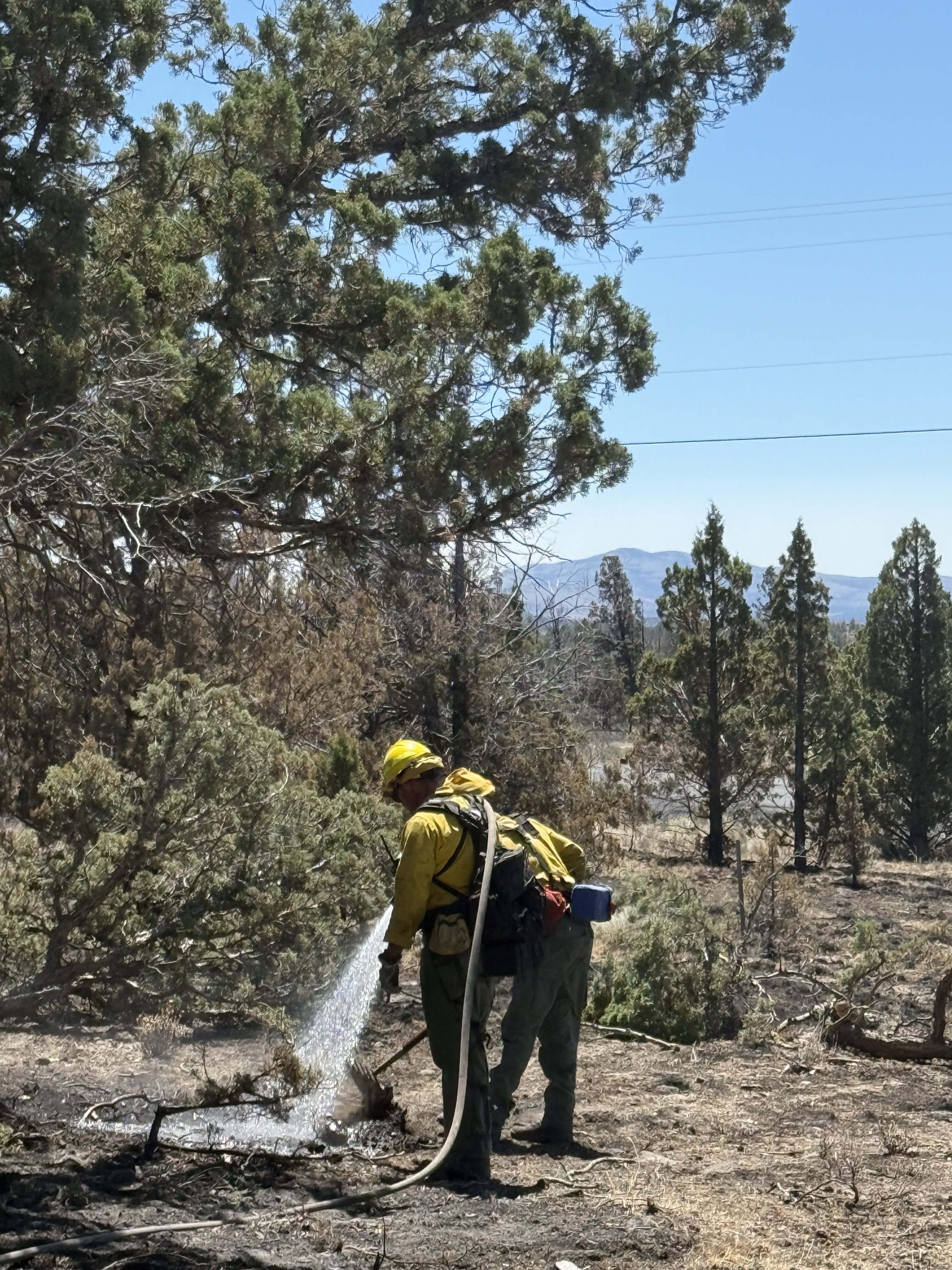Bend teen with diabetes to advocate for medical research in D.C.
Published 11:03 pm Monday, July 7, 2025


A Bend teenager who was diagnosed with Type 1 diabetes at age 6 is going to Washington, D.C. to advocate for medical research and affordable insulin.
Abby Lachman is traveling to D.C. Monday through 10 with Breakthrough T1D, an organization that supports those with Type 1 diabetes. Type 1 diabetes is a chronic autoimmune disease in which the body’s immune system attacks the insulin-producing cells in the pancreas, so people with the disease must take insulin by injection or insulin pump to survive.
Abby, 15, will be a sophomore at Summit High in the fall. One of Abby’s mentors with Breakthrough T1D encouraged her to apply to be part of the Children’s Congress, an initiative the organization runs that sends more than 160 kids with Type 1 diabetes to the capitol every two years to advocate for research. She will be speaking with a senator and representatives to share her story.
Trending
“A lot of it, I think, is just to put a face to the number or the story,” she said. “Because we want to help increase funding or continue it, especially at a time when a lot of medical research is getting cut…I’m looking forward to all of it. Sometimes it feels surreal just thinking about it. This is such a once-in-a-lifetime opportunity. I feel so blessed that I get to go and do this.”
Abby’s been part of Zoom meetings with the team to talk through ideas for the trip and has put together a scrapbook of her journey with Type 1 diabetes, she said. She’s had to manage her disease constantly for nearly a decade.
“For me, since I’ve had it for so long, it’s pretty much my life, so I’m a lot more used to it. I have two devices, which are really helpful,” she said. “It’s pretty much just constant regulation. It’s like, where’s my number at? Do I need to give a little insulin to help it bring down? Do I need to eat something to come up? It’s just constantly doing little things, checking it, making sure you’re where you need to be.”
When she was first diagnosed, Abby had to give herself injections, and didn’t have the insulin pump, phone app and other devices she has now to help her monitor her blood sugar.
“I didn’t have the easiest time with it, so if I get the chance to maybe help other kids not have that, it’s really important to me,” she said. “I think that’s a big part of what keeps me involved with this stuff.”
Last summer, Abby helped out at Camp Tamarack, during a week that is dedicated to kids with Type 1 diabetes. In the future, she said she wants to travel and see the world.
Trending
Though there are two types of diabetes, they are fairly different, and Abby thinks that’s part of the reason why Type 1 diabetics have a hard time being diagnosed.
“(Type 1 diabetes) is definitely a hard disease to see, and it is common. A lot of people have it, which is why it’s so weird that it’s almost unheard of at times,” she said. “Diagnosis is not easy for a lot of kids. My time with diagnosis was easy. My mom’s a doctor, so we caught it super easy, which was very lucky. Kids that don’t have that same chance — I knew a kid who didn’t know, his parents had no idea it could be a possibility and he got super sick. When he woke up in the morning, he had to get evac’d out and had brain damage. He had to learn how to walk again. It’s just so hard. It really needs both that work towards a cure and showing that this is something out there that people struggle with.”












